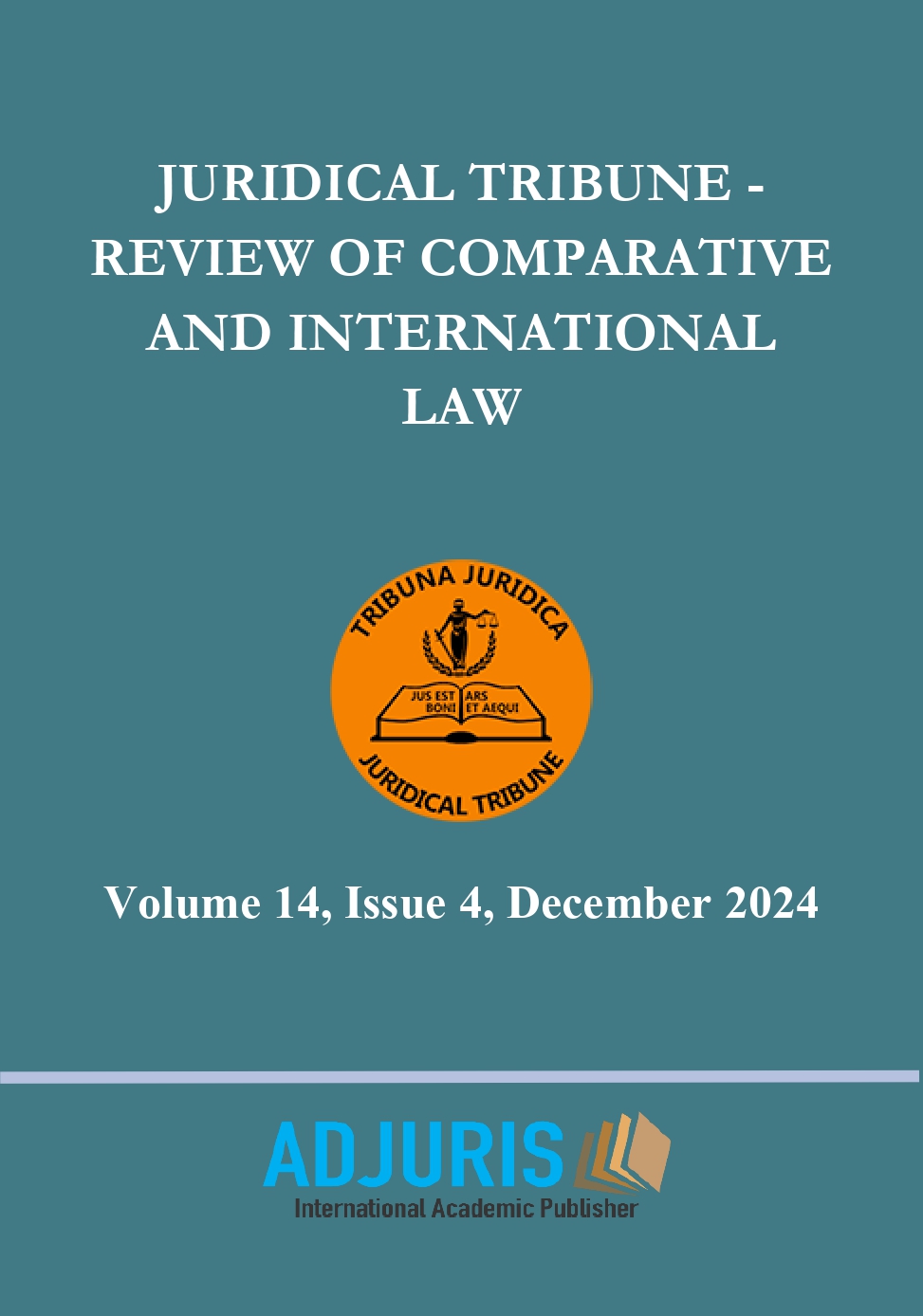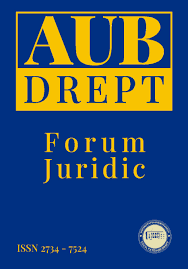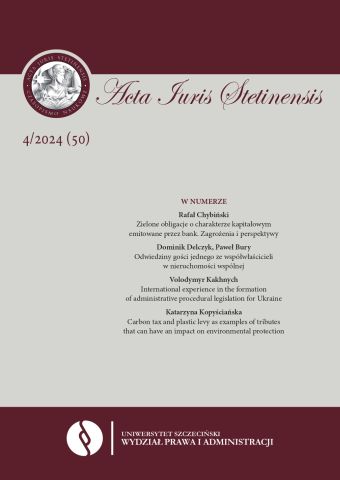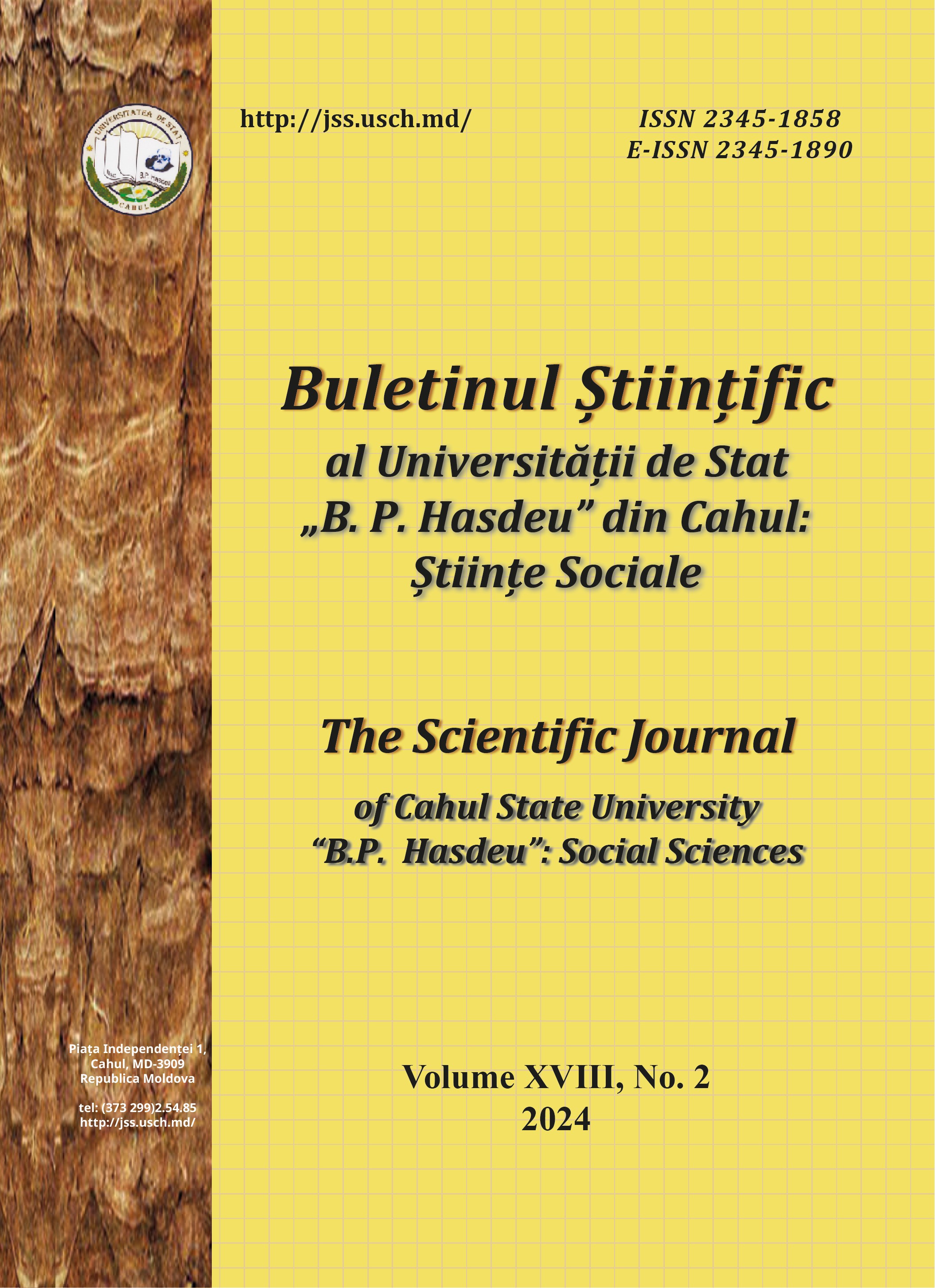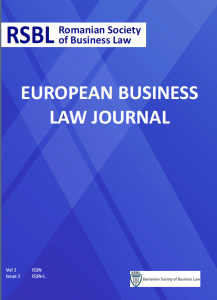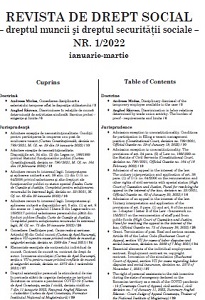Author(s): Volodymyr Kakhnych / Language(s): English
Issue: 50 (4)/2024
This article deals with the development, function, and importance of Ukrainian law governing administrative proceedings. It highlights the significance of statutory regulation in contemporary nations, especially in the relationship between public administrative agencies and private individuals or companies. The article discusses the rights and obligations involved in administrative acts, including the right to be heard, the right to assistance and representation, and to access case materials. It highlights the benefits of adopting single administrative procedure legislation, including improved decision-making efficiency and transparency, as well as the provision of a defined process for interactions between administrative authorities and natural or legal entities. It highlights the tendency of establishing generic laws or codes on administrative processes while also examining worldwide experiences with administrative procedural legislation in various nations. It analyses historical trends in Ukraine’s administrative procedural law, including the impact of its neighbors and the decision to join the European Union. Legal regulation in such legislative acts and the effects of the Austrian, American, and German administrative procedural acts are covered in the article’s conclusion.The analysis yields an overview of the importance and benefits of legislation on administrative procedures in Ukraine and internationally, highlighting the need for clear rules, consistency, and protection of rights in administrative actions.This insightful article delves deeply into the significance of legislative regulation in modern states, specifically focusing on the dynamic interaction between public administration bodies and private individuals or legal entities. It sheds light on the remarkable evolution of administrative procedural legislation that took place in prosperous countries during the latter part of the 20th century. The primary aim of this article is to provide a comprehensive insight into the formation and profound importance of administrative procedural legislation in Ukraine, while also drawing enlightening comparisons with other nations.The article emphasizes that implementing a unified law on administrative procedures brings about numerous advantages and benefits for society. These include enhanced transparency in decision-making processes, improved efficiency in administrative proceedings, and effective safeguarding of the rights and interests of both individuals and organizations. To substantiate these claims, the article draws upon global experiences and prevailing trends in the adoption of administrative procedural legislation, emphasizing its widespread presence and impact across different countries and regions.It has been established that Ukraine may benefit much from other nations’ expertise in creating trustworthy administrative systems. The General Administrative Procedure Act of the Republic of Austria (1925), the Administrative Procedure Act of the United States (1946), and the Administrative Procedure Act of the Federal Republic of Germany (1976) are found to have had the greatest influence on the creation and development of administrative procedure legislation in the 20th century.The essay focuses on the multiple advantages and benefits for society that result from the application of single legislation on administrative processes.The article explores the historical context of administrative procedural legislation in Ukraine, explaining the influences of neighboring countries and the ongoing process of European integration. It provides a comprehensive overview of the various factors that have shaped the development of administrative procedural legislation in Ukraine, underscoring the country’s efforts to align its legal framework with international standards and best practices.In conclusion, the article examines the subject and content of legislative acts concerning administrative procedures, offering insightful examples from countries such as Austria, the United States, and Germany. These countries are recognized as pioneers in administrative procedural legislation and have significantly influenced the development and implementation of such laws. By showcasing these examples, the article highlights the global significance of administrative procedural legislation and its role in shaping modern governance systems.
More...
